What’s Happening?
Former Kano State Governor and Chairman of the League of Northern Democrats (LND), Malam Ibrahim Shekarau, has dismissed the recent coalition of opposition figures, stating that it lacks the political structure and unity needed to challenge the ruling All Progressives Congress (APC) in the 2027 elections.
In a statement issued on Friday, Shekarau described the coalition as an “informal gathering of presidential aspirants” rather than a well-organized political merger. He emphasized that the coalition lacks the backing of major opposition parties like the Peoples Democratic Party (PDP) and the Labour Party (LP), making it unlikely to pose a serious threat to the APC.

Why This Matters
The opposition’s ability to unite and present a formidable challenge to the APC is crucial for Nigeria’s democratic process. However, Shekarau’s critique highlights the deep divisions and structural weaknesses within the opposition, raising questions about its readiness for the 2027 elections.
A Deeper Dive: The 2013 APC Merger
Shekarau’s comparison of the current opposition coalition to the 2013 APC merger highlights the importance of established political structures in building a successful alliance. The APC was formed through the unification of four registered parties, each with elected officials, grassroots support, and a clear vision.
In contrast, the current opposition coalition lacks this level of organization and unity, making it difficult to challenge the APC’s dominance.
The Role of Grassroots Mobilization
One of the key weaknesses of the opposition is its lack of grassroots mobilization. Without strong support at the local level, the opposition struggles to compete with the APC’s well-organized political machinery.
Shekarau’s call for opposition leaders to focus on building their parties and mobilizing grassroots support is a crucial step toward repositioning the opposition for future elections.
The Impact of Defections
The frequent defection of opposition members to the APC has weakened the opposition’s structure and morale. Shekarau’s critique of the opposition’s inability to resist defections underscores the need for stronger leadership and party discipline.
Shekarau’s Key Arguments
- Lack of Party Backing: Shekarau pointed out that the coalition is driven by individuals rather than the leadership of major opposition parties. “This so-called coalition has nothing to do with the major opposition parties; PDP and LP,” he stated.
- Contrast with APC’s Formation: He contrasted the current coalition with the 2013 merger that led to the formation of the APC, which involved the unification of four registered parties—ANPP, ACN, CPC, and a faction of APGA. These parties had established structures, elected officials, and grassroots support, unlike the current opposition coalition.
- Failure to Influence Lawmakers: Shekarau cited the recent passage of the State of Emergency law for Rivers State in the National Assembly as evidence of the coalition’s lack of influence. “If the coalition leaders had any real influence, the APC government would not have secured the required votes for the law’s passage,” he argued.
- Historical Precedent: He referenced the failed 2019 coalition of ten political parties, which collapsed due to a lack of inclusiveness and unity. “No amount of noise-making or informal alliances by individual politicians will have any impact in elections unless the full leadership structure of opposition parties at all levels is involved,” he warned.
- Opposition’s Responsibility: Shekarau dismissed claims that the APC’s strategy of poaching opposition members is solely responsible for the opposition’s weakness. He urged opposition leaders to focus on building their parties and mobilizing grassroots support.
The Bigger Picture: Challenges Facing the Opposition
Shekarau’s critique underscores the broader challenges facing Nigeria’s opposition, including:
- Fragmentation: The opposition is divided into multiple factions, making it difficult to present a united front.
- Lack of Grassroots Mobilization: Without strong grassroots support, the opposition struggles to compete with the APC’s well-oiled political machinery.
- Defections: The frequent defection of opposition members to the APC weakens the opposition’s structure and morale.
What’s Next for the Opposition?
Despite his criticisms, Shekarau believes the opposition still has a chance to reorganize before the 2027 elections. He called for genuine unity, strategic planning, and a clear vision and mission to reposition the opposition for success.
“It is still not too late. With the right vision, mission, and focus, combined with a genuine sense of purpose, the opposition can change its narrative in 2025 and position itself for success in the 2027 elections,” he added.
Read also: “Kanye West’s ‘12 Rap Kings’ List Sparks Controversy: Kendrick Lamar and J. Cole Snubbed”
Key Takeaways
- Shekarau dismissed the opposition coalition as an informal gathering lacking the structure to challenge the APC.
- He contrasted the coalition with the 2013 merger that formed the APC, highlighting the importance of established political structures.
- The coalition’s inability to influence lawmakers was exposed during the passage of the State of Emergency law for Rivers State.
- Shekarau urged opposition leaders to focus on unity, grassroots mobilization, and strategic planning.






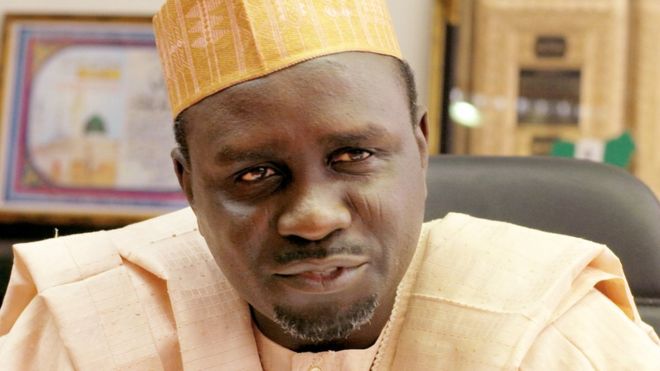
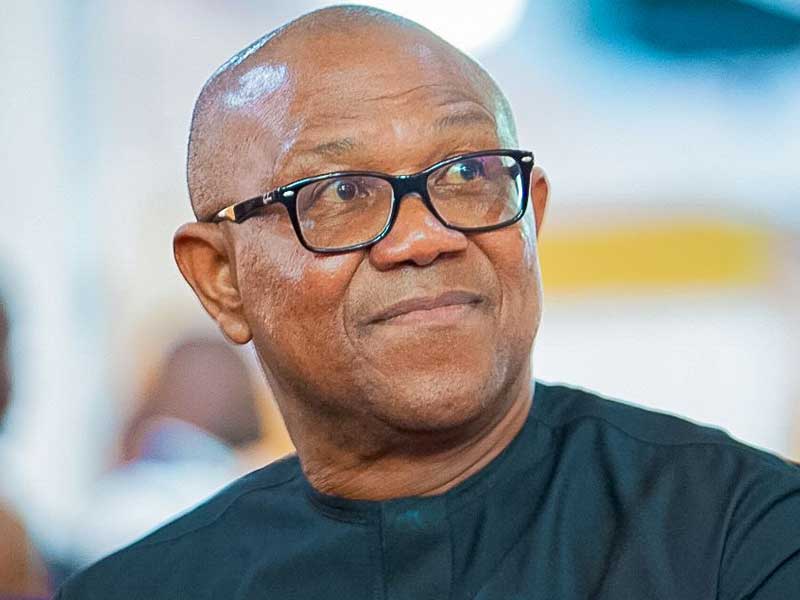





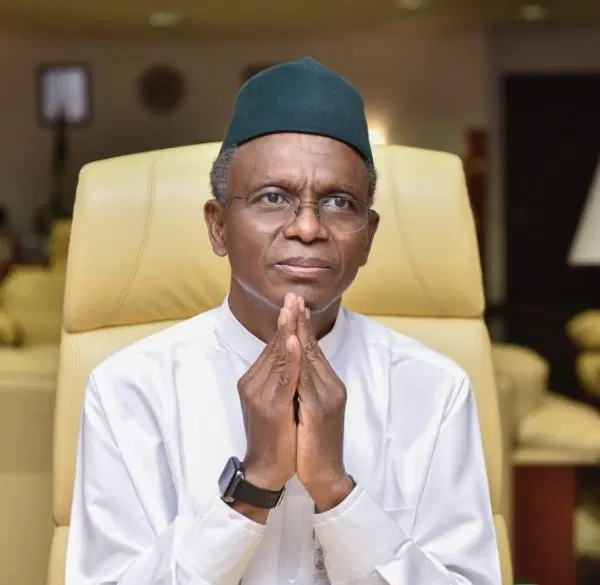
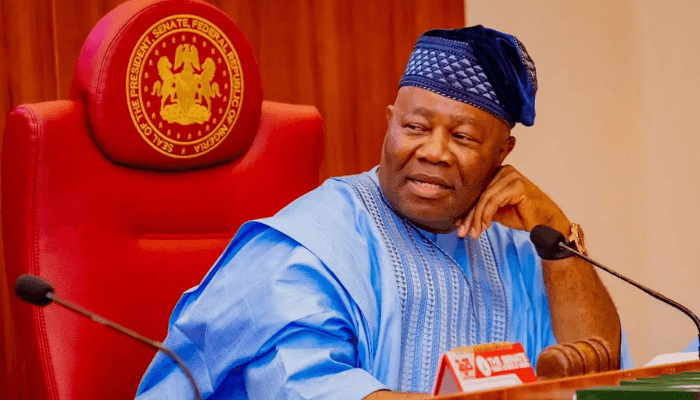
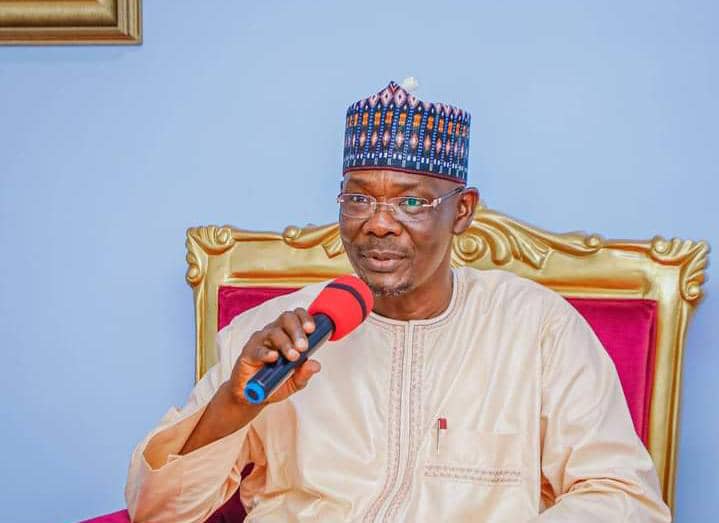
Got a Questions?
Find us on Socials or Contact us and we’ll get back to you as soon as possible.